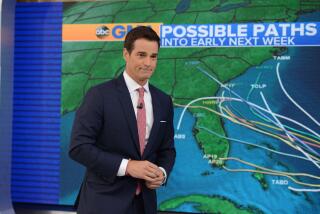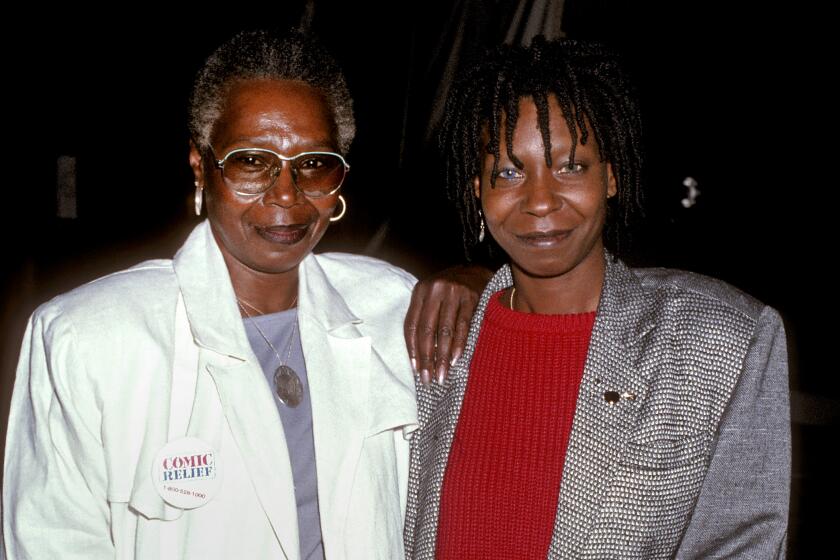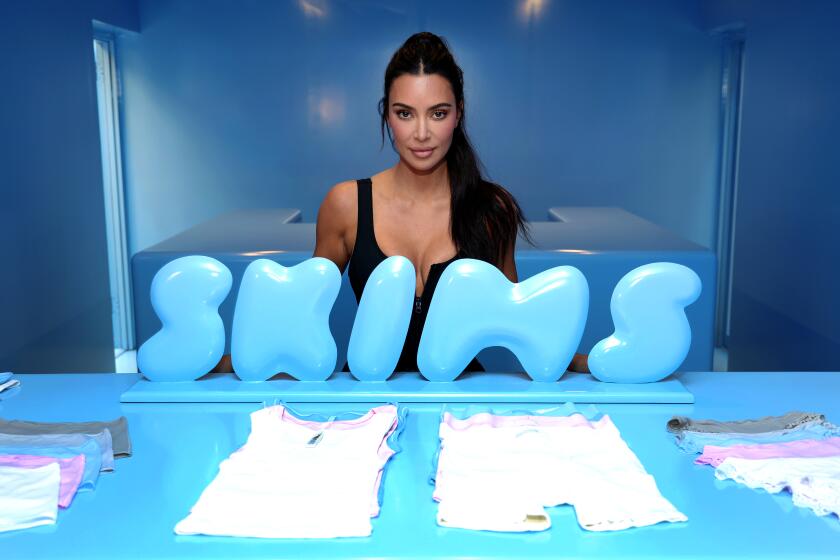It’s also March Madness at the office
A Chicago employment consulting firm did the math and figured out that the people who watch the NCAA men’s basketball tournament on their computer at work will cost the nation’s employers $1.2 billion in productivity.
“We here at CBS want to apologize for slowing down the American economy for two days every year, but that is the price you pay for March Madness,” Sean McManus, president of CBS News and Sports, said with a laugh Tuesday.
All kidding aside, video streaming of tournament games has proven to be a profitable venture. CBS said that more than $9 million in advertising has been sold for the broadband service called March Madness on Demand.
That’s more than double what was sold last year, the first time the service was offered for free.
“This is what we envisioned when we consummated our deal in 1999,” McManus said.
That $6-billion, 11-year deal involved not only TV rights to the NCAA tournament but also marketing rights, radio rights, merchandising and licensing rights -- and Internet rights.
“We had hoped the Internet rights would be worth something by the fourth or fifth year of the contract,” McManus said, “and that has proved to be the case.
“In fact, we have exceeded expectations.”
March Madness on Demand is a joint project among the NCAA, CBS and CSTV, which is now owned by CBS.
CSTV is also televising two first-round games and its website, cstv.com, is offering original programming, features and analysis to coincide with the live video-streamed telecasts on March Madness on Demand through the first three rounds.
The heaviest traffic was expected to come Thursday and Friday before the first tipoffs. There will be 16 games played each day and CBS televises only four of them in a given market.
The broadband package enables people at work to watch any of the first-round games not televised in their market. The same holds true for second- and third-round games. Also, a new feature this year allows visitors to listen to the CBS Radio/Westwood One coverage of any game.
The first year of video-streaming tournament games was 2003, and there was nominal response to a $16.95 package offered through yahoo.com. The next year, CBS SportsLine offered a $9.95 package and in 2005 a $19.95 package. Yet each year, the packages attracted only 20,000 to 25,000 customers.
Last year, when it became free, 265,000 preregistered for what is called the VIP pass, and more than 1.3 million other people visited the site.
Steve Snyder of CBS said the video-streaming project was profitable last year and will be this year as well.
“And it will become even more so as the cost of bandwidth space comes down and capacity for advertising, particularly local advertising, increases,” he said.
Mark-Hans Richer, marketing director for tournament sponsor Pontiac, recently told adweek.com: “The writing has been on the wall for a while. While TV is the dominant medium for live events, when you have a passionate event ... that passion finds itself in many places.”
On Tuesday, preregistration, which can be done through ncaasports.com, cbs.sportsline.com or cstv.com, reached 400,000, a number originally set as the cutoff point. But because the bandwidth has been doubled this year, CBS SportsLine believes the site can handle more and has extended the signup deadline to noon PDT today.
Those who preregister are promised quicker access. And those who don’t may have to wait in a “virtual” waiting line, said Snyder, chief operating officer of CBS Interactive.
To be sure, there are millions of fans out there who have to work while the games are going on.
The Chicago employment consulting firm of Challenger, Gray & Christmas, in a lighthearted look at March Madness in the workplace, used data from various sources and found there are 79 million office workers with access to the Internet and 22.9 million of them are college basketball fans.
Basing its calculations on a national average salary of $671 a week and the fact that last year each visitor to March Madness on Demand spent an average 13 1/2 minutes on the site, the firm came up with the $1.2-billion figure for productivity lost.
John Challenger, the firm’s chief executive, conceded Tuesday that it could be less because the line between personal life and working life is becoming blurred.
“People work after hours, they work at home, on vacation and during their commute,” Challenger said.
Still, there are bosses who want a full workday out of their employees and might block access to March Madness on Demand. And, of course, there will always be the boss who looks over employees’ shoulders.
So one of the features brought back this year is the “boss button.” One click of this button and the game action on the screen is instantly replaced by something more routine in the workplace: a ready-made spread sheet.
*
More to Read
The biggest entertainment stories
Get our big stories about Hollywood, film, television, music, arts, culture and more right in your inbox as soon as they publish.
You may occasionally receive promotional content from the Los Angeles Times.






